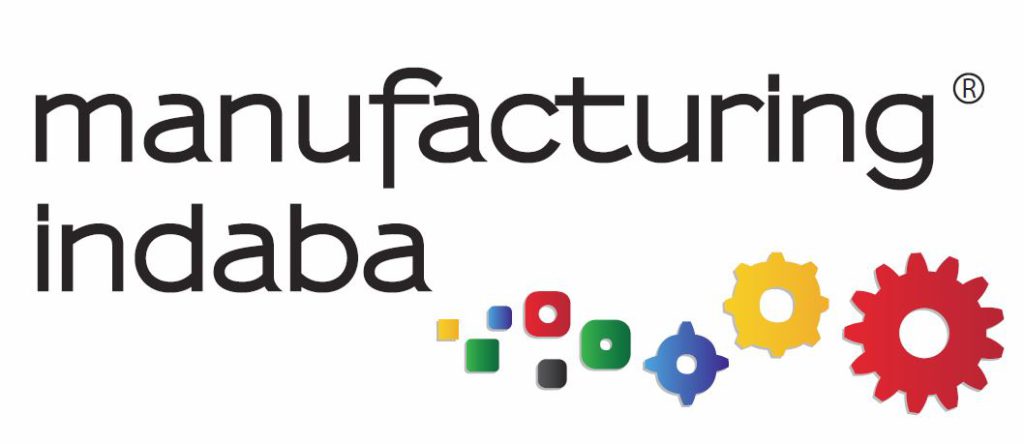Manufacturing is a critical part of South Africa’s economic growth and at the heart of this are the small enterprises driving growth in the sector, says Liz Hart, Managing Director of Siyenza Management for the Manufacturing Indaba in Port Elizabeth (www.manufacturingindaba.co.za) starting 20 October 2017 at the Boardwalk Casino & Hotel.
“Manufacturing activities are part of a complex value chain that starts with gathering materials, developing services and leads to a sales value chain providing goods to consumers. But as less than half of small enterprises survive for more than five years, their contribution to job creation is lagging.”
Crucial to the success of small enterprises in manufacturing is an approach involving nurturing, supporting SMEs and outlining targeted results in advance, says Hart.
“An incubation process that walks with businesses from their teething phase, through the toughest two years and into a phase when they are producing results are what manufacturing entrepreneurs need. The incubator’s reward must be its hand in creating a sustainable small business contributing to the eradication of unemployment: a business with a healthy turnover and in great financial health.”
Mentorship, reinvesting in the business and starting small are three other tips that expert speakers at the Indaba have to offer small entrepreneurs in manufacturing.
“Small businesses operating in the manufacturing sector need to realise that entering the mainstream value chain is not really the end-goal,” says Hart. “Often businesses want to bite off bigger chunks of the pie before they can chew smaller ones.”
Small businesses should always ask themselves if they have a market.
“Have you done your research? Have you identified your competitors – not the large companies, but the local, thriving competitors? It’s a step-by-step process that works in this sector and the copycat approach will not lead to success.
“The chemicals industry is growing and the number of businesses manufacturing chemicals is growing – but the question remains: Will we have a market for all those products?”



